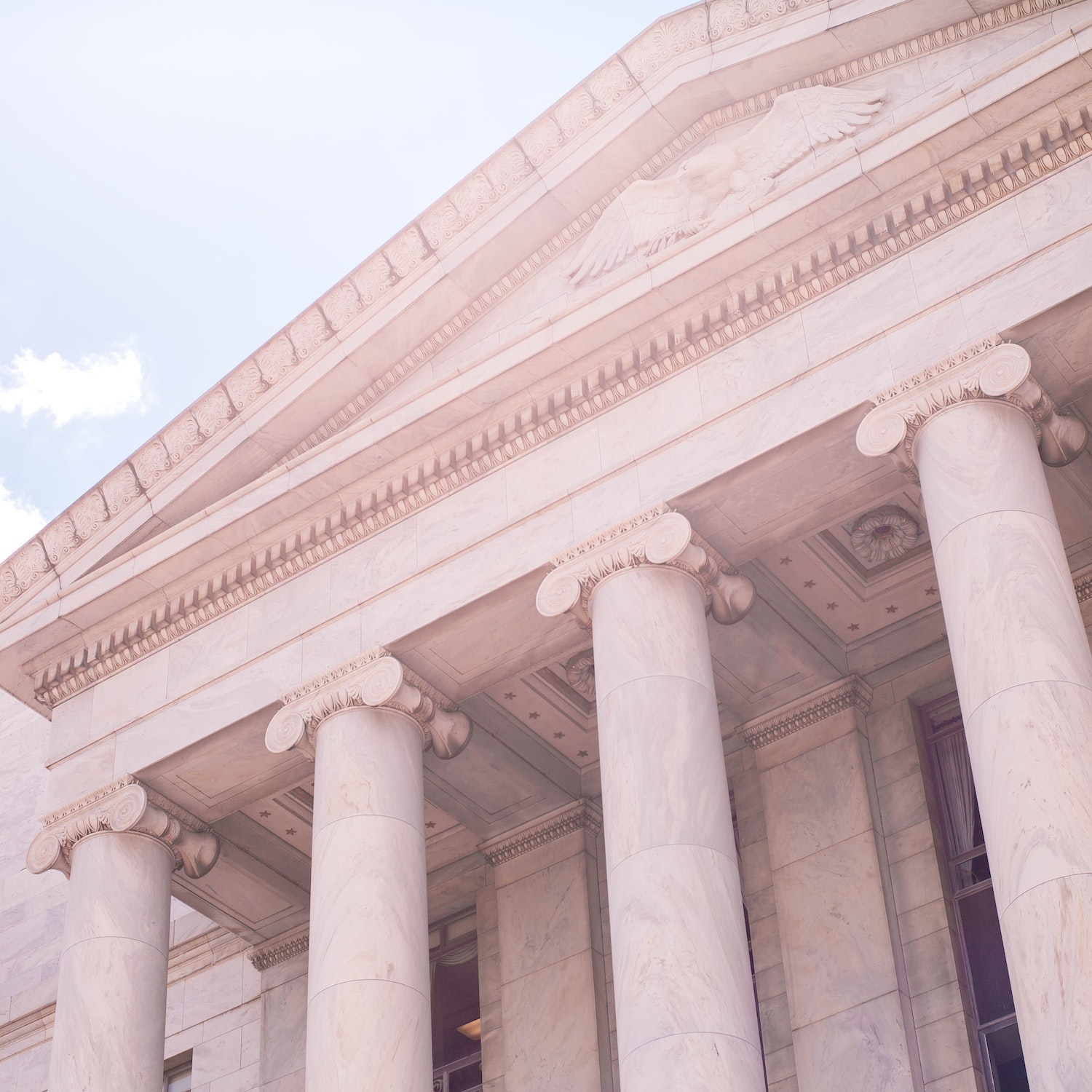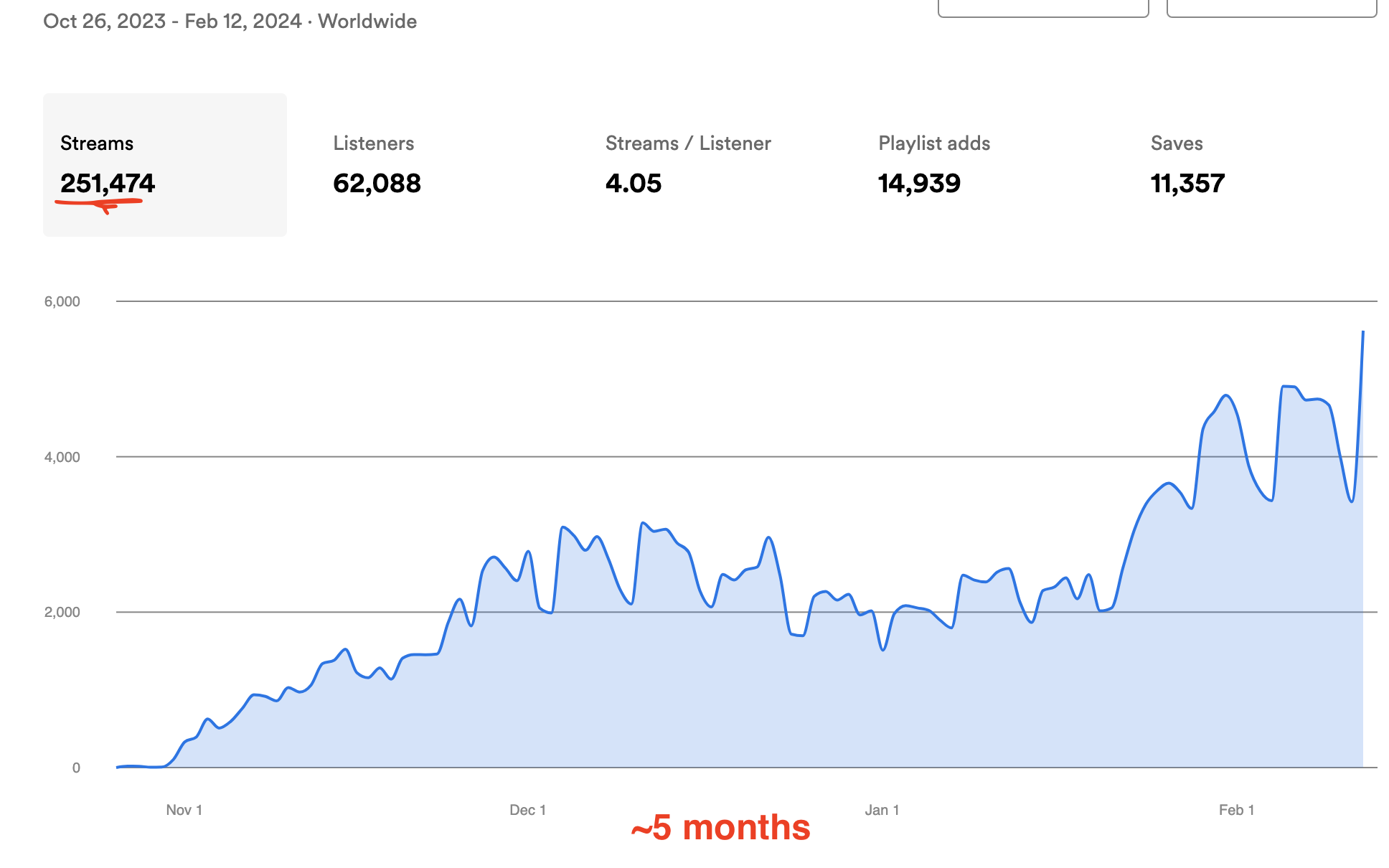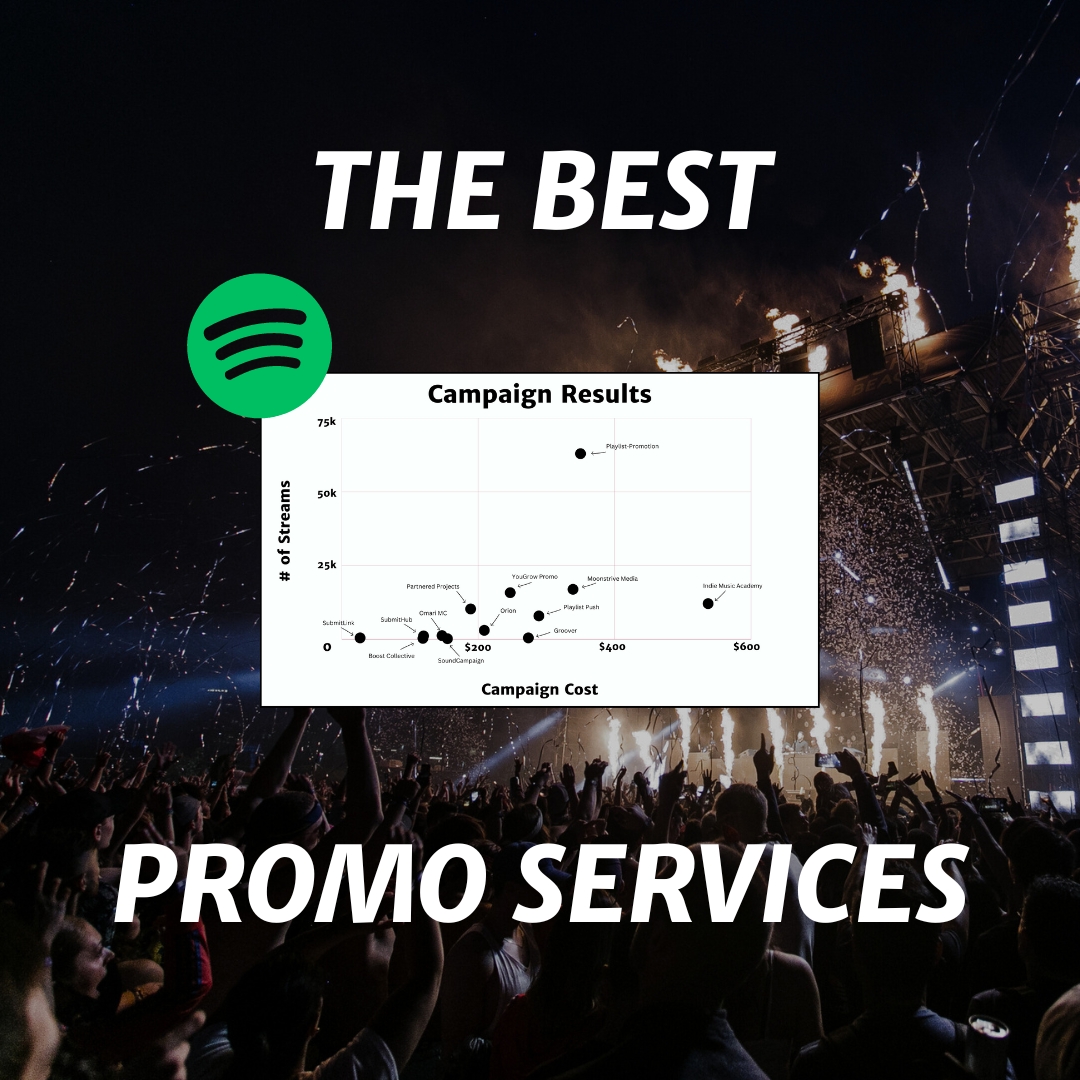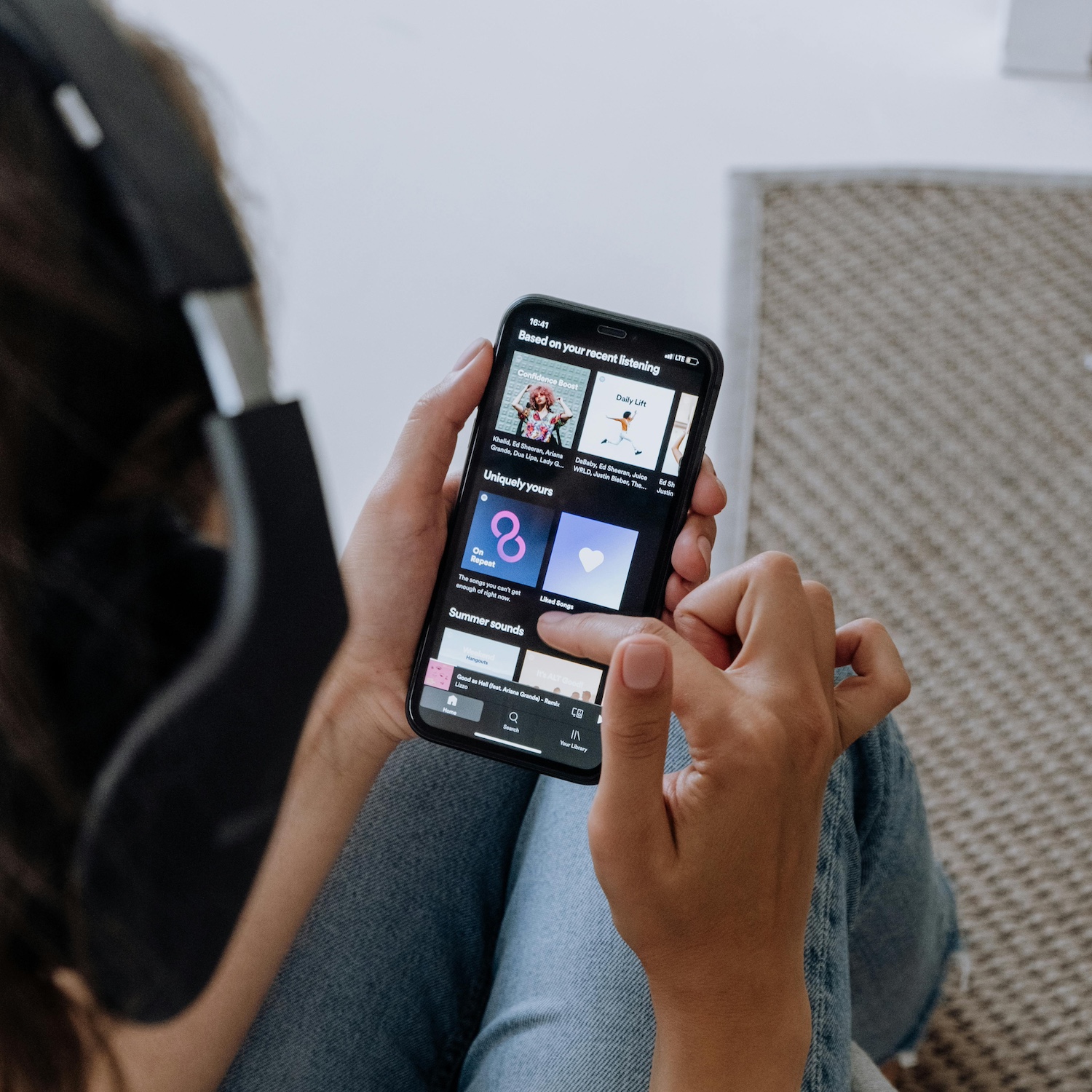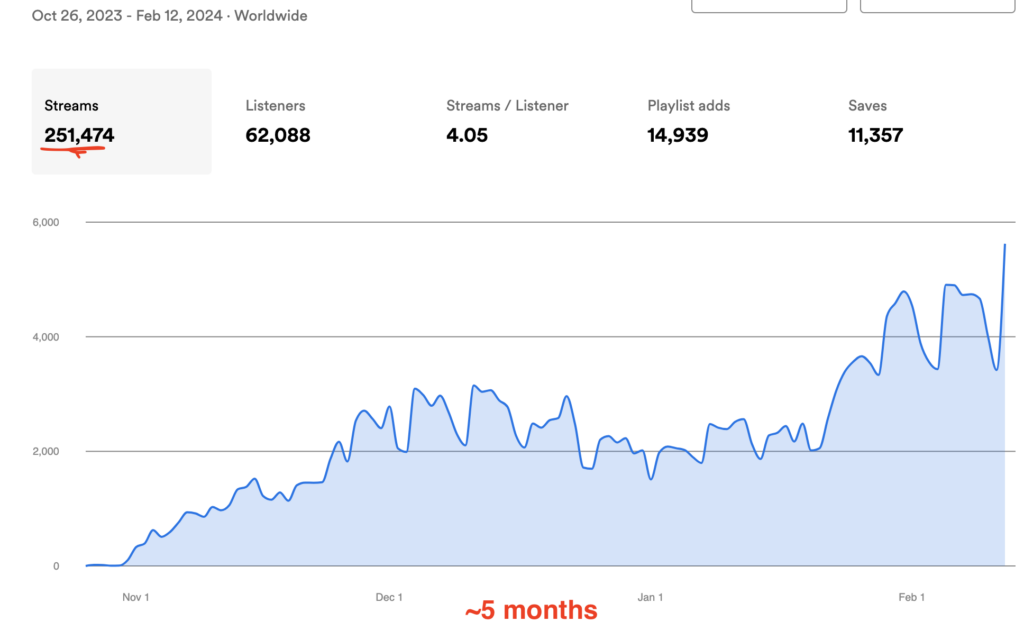The day has come to discuss music copyright – possibly the most intricate topic musicians can come across in their careers.
Music copyright is not only a complex subject, it’s also an ever-changing one: in the thirty years separating the Digital Millennium Copyright Act from The Music Modernization Act, the whole industry has changed. Today, the concepts of creation, distribution, and reinterpretation of a piece of work present so many grey areas that laws are, in all honesty, struggling to actually keep up with the music industry.
But difficulties aside, here’s the reality: While you might think that, as an indie artist, you don’t need to protect your music, getting a grip on how copyright works and how you can protect your work should be part of your cultural background, especially if you’re trying to scale up your career.
Buckle up and let’s dive in!
What is copyright in music?
Copyright is the intellectual property that grants the copyright holder exclusive rights to reproduce, modify, perform, distribute and sell a certain creative work. These rights are usually granted for a period varying from country to country, lasting between 50 to 70 years after the author’s death. When this period ends, the work is considered public domain.
The exclusive rights you get with copyright prevent others from using your work as their own, reproducing and earning from it without asking for your permission or paying a fee you agree on. Essentially, you are entitled to sue the person or company using your music without your consent.
The legal right holder (the copyright owner) is the person that brought the work to life or someone that person indicated as the legal right holder. The right holder can be a single person, a group of people, or a company.
Copyright protects your music when a legal issue arises. However, copyright only protects music that has been recorded and is somehow accessible: you can’t copyright an idea of a song until it has been written down on paper or recorded. On the other hand, copyright does protect both published and unpublished musical work.
Types of copyright in music
There are two main types of copyright in music: music composition and sound recording copyrights.
A composition copyright protects everything that comprises the song’s structure: from the arrangement to the melody and the lyrics. These rights belong to the composers, songwriters and lyricists involved in the composition and are usually managed by a publishing company.
The sound recording or master copyright is granted to the owner of the recordings: performing artists, producers, and record labels. The recordings must be on a CD, vinyl, tape, or digital file.
A song has one composition copyright holder but could have multiple recording copyright holders because different versions of the same song can be recorded: remixes, acoustic versions, Acapella, live, and so on.
Understanding each type of copyright in music is essential because even if you record your masters and self-publish your music, these aspects of copyright are treated separately. Let’s clarify this crucial point.
For example, if you are a songwriter for another singer, you would only be entitled to composition rights. However, if you write the song and record it yourself, you’ll be the owner of both recording and composition rights.
In the case of a band, one or two members might be songwriters and performers and own both composition and recording rights, while the other bandmates would only hold the recording rights.
As the owner of either composition or recording rights, you can take legal action against someone who uses your music without your consent; for example, recording their version of your song or using your music for a video or movie.
Difference between copyright and copyright registration
Here’s a common point of confusion: There is a difference between copyright and copyright registration.
According to Copyright.gov, a copyright exists the moment you create and establish a physical, tangible, or accessible form of your musical work. In some countries, a work is considered copyrighted only when registered at the dedicated copyright office of that country.
Music that can be copyrighted includes lyrics accompanied by chords and notes written or printed on paper or a sound recording of a composition. The recording doesn’t have to be a master: you can record your piece with a simple recorder or mobile phone. With that record, you are considered the owner of the rights to that song, as long as you can prove when you recorded the audio (in case someone claims they recorded the song before you).
Getting a copyright registration provides you with a certificate stating that you own that piece of music. When you file a registration, you receive a public record of ownership and can proceed legally should someone use your music without your approval.
What’s eligible for copyright?
When you copyright a composition, you own the rights to the unique combination and arrangement of notes that create the rhythm and melody of a song. If you write lyrics, you own the lyrics written for that song or can register lyrics with no arrangement yet. If you do that, those lyrics won’t be registered by anyone else.
Songwriters may decide to register lyrics without music to license them to other artists, singers, and beatmakers to include them in their own songs.
So what does not qualify for copyright? In music, some elements can’t be copyrighted. For example:
- The title of a song.
- Chord progressions.
- Fragments of a composition.
It would be tough to create new original music if chord progressions and title songs were copyrighted. For instance, you can use the title of a popular song for your track as long as everything else differs from the homonymous song.
As the copyright holder, what can you do?
Reproduce and distribute your music.
You can create multiple copies of your recordings via CD or digital files and distribute them through music stores, digital stores, and streaming platforms.
You can do this with the help of music distributors such as Distrokid, Tunecore, and CDBaby or via publishing companies and record labels, who will collect royalties for you.
Furthermore, you can allow others to create copies of and distribute your music. For example, you can allow your label to sell the recording master of your music as well as the written lyrics or music sheets.
Create derivative music.
You have the legal right to create a new recording based on your copyrighted music or allow other artists to do so. It includes remixes, covers, and the use of your music on audiovisual material (like a movie, TV shows, advertisements, and video games).
This right falls under a licensing agreement, where you grant a company or person a permit to use your work (composition or master) in exchange for a fee.
Perform the work publicly.
Copyright gives you legal authority to perform the work in public, be it live or on Twitch. If you own the copyright of your music, you’re entitled to perform that song in any context.
Here are a couple of examples: the late Chris Cornell continued performing Soundgarden’s Fell on Black Days even while touring as a solo artist because he owned the song’s copyright. Max and Igor Cavalera, formerly the vocalist and drummer of the heavy metal band Sepultura, can still perform live the songs they created for the legendary Brazilian band, despite departing from it years ago.
Display and print your work.
Many artists sell lyrics and music sheet books to their fans to learn how to play their songs. This also applies to digital format. A good example is when streaming platforms display a song’s lyrics, which means they have acquired a print license from the right owners.
Copyright and royalties.
As the right holder, you can claim performing royalties, mechanical royalties, and sync royalties for your music. Usually, a publishing deal will help you register with a performing copyright organization that collects royalties for you.
You can self-publish or sign a deal with a publishing company. However, I’d recommend you read the contracts carefully: some publishers will allow you to keep 100% ownership, while others might ask for a fee for their service or a percentage of your revenue.
Benefits of copyrighting your music
Let’s dive into the two main benefits you will get if you copyright your music.
The first and primary benefit is that you will obtain an official record stating that the music is yours. What does it mean? It means there will be a certificate that guarantees you are the owner of that song, lyrics, or master recording. And why would you want that? The reason is that it’s the easiest way to prove that you are the original creator should you decide to pursue legal action against a label, a publisher, or another artist.
It is common to use the so-known poor man’s copyright, which is the practice of sending yourself a copy of your musical work (audio recordings or print music) via registered mail to have the means to prove the date that you created it. This is enough to prove you’re the creator of that piece of music (as long as you don’t end up in court), but that wouldn’t be enough to file a claim under the DMCA.
In today’s digital age, an artist who doesn’t want to register their music can use an email or the date in a file to prove ownership and the creation date. However, bear in mind that in some countries, these practices won’t hold in court.
If you are involved in a lawsuit over music rights, having a public record of ownership will have more value than a registered mail or digital upload. It will also allow you to sue a person or company for copyright infringement.
How can I copyright my music?
Copyrights registration works differently in every country. You will find many artists register their music with the US Copyright Office, which allows works created by citizens or residents of countries with whom they have copyright agreements to register with them. Still, I suggest you check on your local federal office in your country. But, overall, the process is similar:
- First, you need to record or write down your music. It doesn’t have to be published.
- Apply to your local federal office by submitting a form.
- Pay the administrative fee. An electronic filing in the US Copyright Office costs $45 for a single author and $65 for the standard application. You can also check the costs for different registration services on their website.
- Submit your work by sending or attaching copies of your music sheets and audio recordings. If you submit an electronic application, a digital audio file in MP3 o WAV format. You can see the complete list of acceptable file types to ensure you send the correct one.
- The office then processes your application. Some people report waiting from three to six months to receive their certificate.
Should you copyright your music?
Whether you decide to copyright your music will depend on how serious you are about your creative career, the environment you’re working in, and a plethora of other factors, including how protective you are towards the works of art you made.
If you can’t sleep at night because you’re worried someone might steal your music, then by all means, register your songs. If you think this legal side of the industry is overwhelming and distracting you from your creative side, protecting your music will simplify your life. If you produce soundtracks, themes for the movie/gaming industry, or jingles, I recommend copyrighting your music.
What about the others, the indie musicians, songwriters, bands, and producers? If you’re about to enter the big league and feel outside of your depth, you might consider registering your songs; otherwise, you’ll probably be fine for the time being without copyrighting your music. Just my two cents.
Regardless of whether you decide to copyright your music or not, you must keep a record of when you produced and published your music. Use Soundcloud, Bandcamp, or any other platform to publish, even privately, your music: in this way, it’ll be clear when the music was made, and you can prove it should any issue arise.
Good luck, and stay creative!

